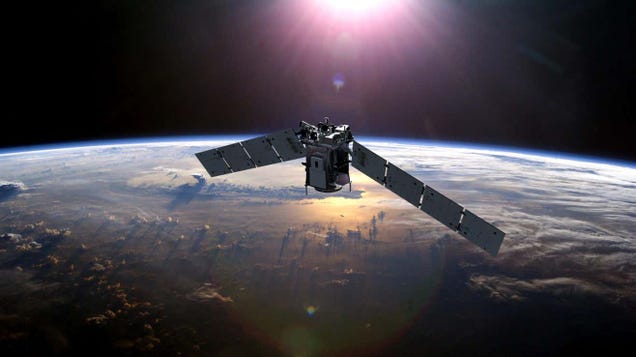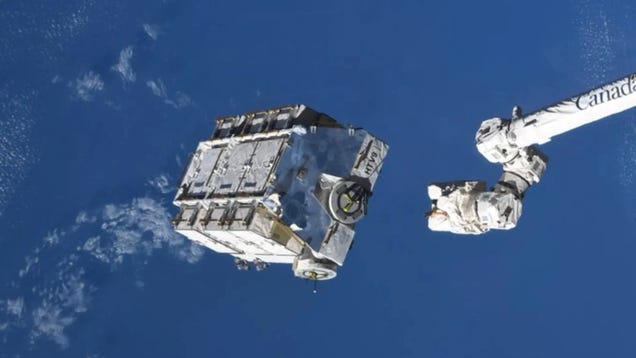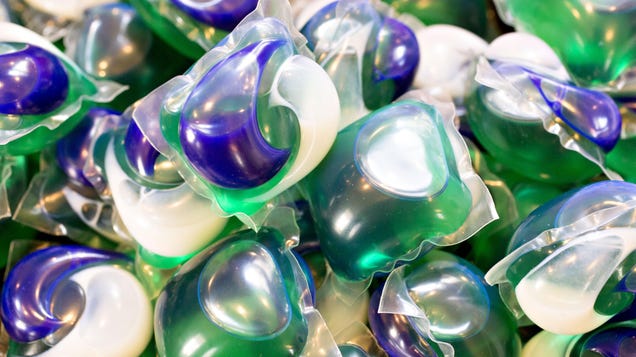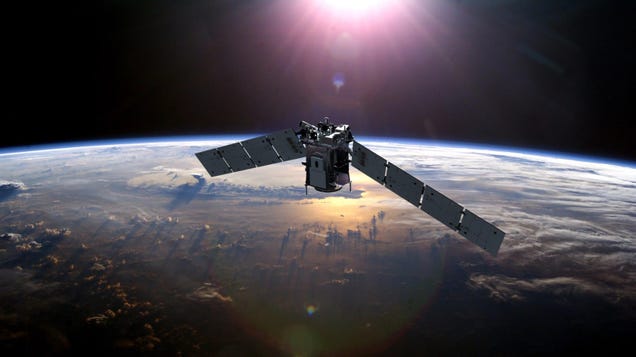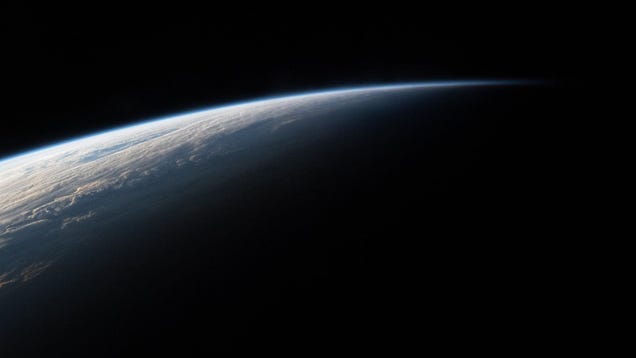
An experimental satellite that launched in 1974 disappeared from ground-based sensors in the 1990s, only to be found again this week. Some defunct satellites or debris can often go missing for years, presenting hazards within an increasingly crowded Earth orbit. But, how exactly do objects disappear in space?

